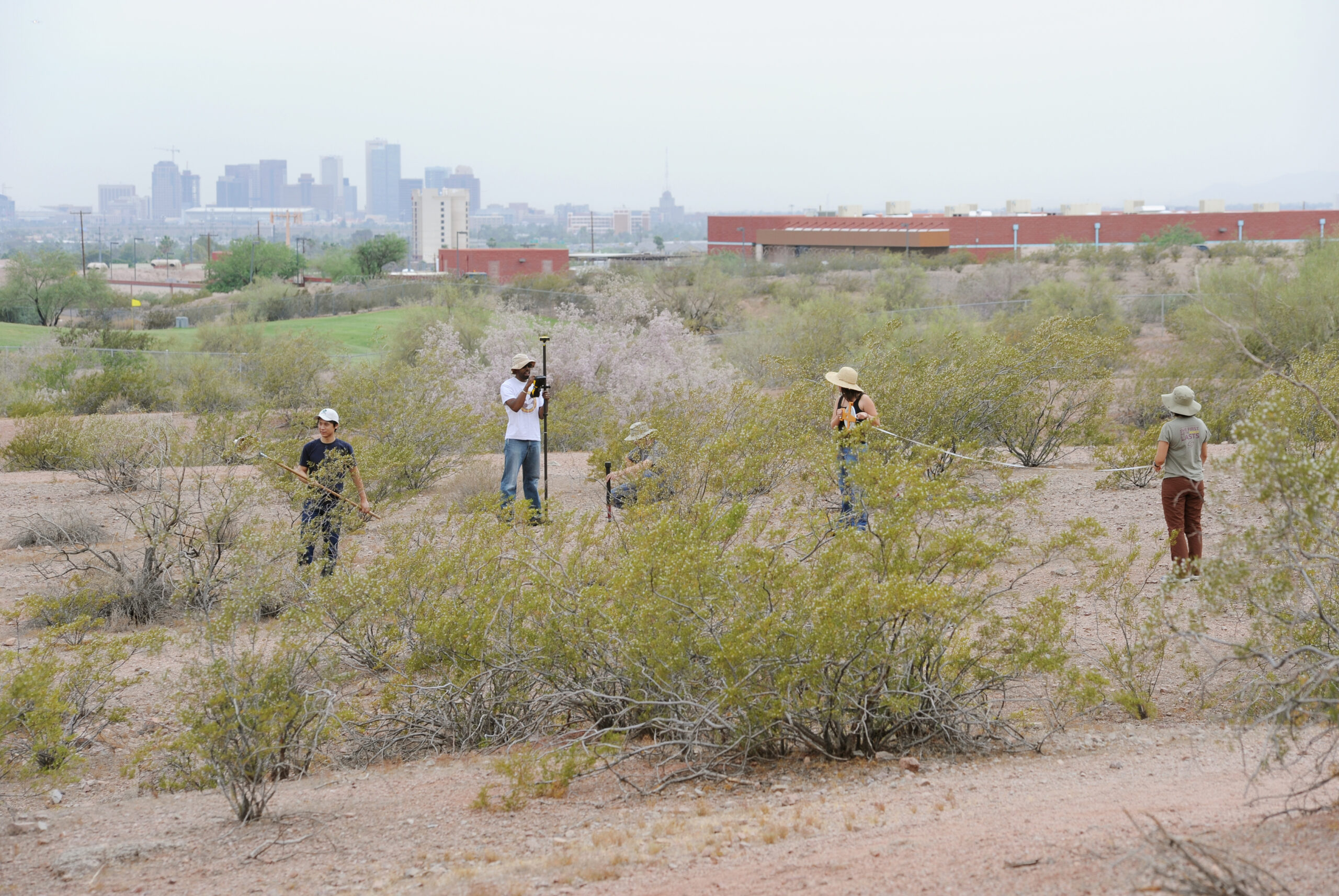Project Summary: Many global change drivers (GCDs) lead to chronic alterations in resource availability. As communities change through time in response to these GCDs, the magnitude and direction of ecosystem responses is also predicted to change in a non-linear fashion. We propose to examine whether plant community dynamics are predictive of shifts in ecosystem function across 101 long-term resource manipulation experiments (including 32 LTER experiments). Our working group will address three main objectives: 1) identify temporal patterns of plant community change in response to global change manipulations; 2) link these patterns of community change to changes in aboveground net primary productivity and carbon storage; and 3) incorporate community change into ecosystem models predicting functional responses to GCDs. These objectives address four of the five LTER core thematic areas (primary production, population studies, organic matter dynamics, and disturbance patterns/processes). Overall, we will test current ecological theory to inform predictions of future responses to GCDs across a wide variety of terrestrial herbaceous systems, including those represented by 17 LTER sites. Funding from the LTER NCO will allow a diverse group of ecologists with expertise in modeling, statistical development, community ecology, and field experiments to come together to accomplish these objectives.
Top Stories

Site Exchange Fellows Announced

LTER Graduate Students and Postdocs Summer Mentoring Community of Practice

Collaboration with Shellfishers: an APEAL Seed Project

Letting art do the work that science cannot: Bonanza Creek’s In a Time of Change program

Request for Synthesis Proposals 2025

Site Exchange Opportunity

How to find soil-dwelling life in “the valley of the dead”

Strengthen Mentoring Skills

Ten years later: an LTER synthesis working group leads to discovery and accelerates four careers

From Manhattan to the Arctic Tundra: 3 student’s summer adventure in Alaska

